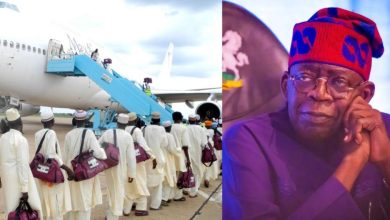Governor Yusuf Appoints Prof. Shehu Galadanci, Shehu Sagagi to Lead Kano State Shura Council
In a groundbreaking initiative to promote inclusive governance and foster community engagement, Governor Abba Kabir Yusuf of Kano State has unveiled the composition of the Kano State Shura Council.

According to a statement by the governor’s spokesperson, Sunusi Bature Dawakin Tofa, the council comprises 46 distinguished members, including renowned Islamic scholars, respected academics, and notable community leaders. The Shura Council is tasked with providing expert advice to the government on critical socio-economic and religious matters.
The council will be chaired by Professor Shehu Galadanci, while Professor Muhammad Sani Zahraddeen will serve as Vice Chairman. The Secretary and Head of Secretariat of the council will be Gwani Shehu Wada Sagagi, who will oversee its operations to ensure smooth coordination and efficiency.
Other prominent members of the council include Sheikh Abdulwahhab Abdallah, Sheikh Karibullah Nasiru Kabara, Dr. Bashir Aliyu Umar, Sheikh Tijjani Bala Kalarawi, Sheikh Aminu Ibrahim Daurawa, Professor Salisu Shehu, Dr. Muhammad Borodo, and Khalifa Hassan Kafinga. The council represents the apex socio-religious advisory body in the state and is expected to play a critical role in promoting peace, unity, and sustainable development across Kano. It is expected to address critical issues affecting Kano’s socio-economic and religious landscape while fostering collaboration between the government and diverse stakeholders. According to the governor’s spokesperson, Sunusi Bature Dawakin Tofa, the council’s formation underscores the administration’s commitment to enhancing policymaking and governance structures in the state.
Governor Yusuf expressed confidence in the council’s ability to deliver on its mandate effectively, citing the integrity, qualifications, and dedication of its members. He congratulated the appointees, urging them to uphold the principles of justice and equity in their service to Kano State.
This initiative marks a significant step in strengthening governance structures and enhancing policymaking in the state.






